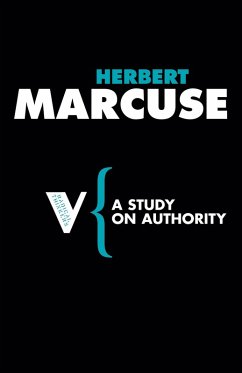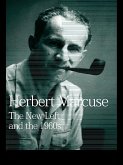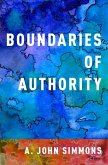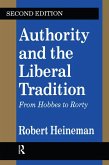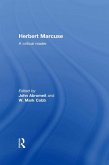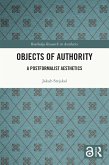This is the first paperback edition of what is now recognized as Marcuse's most important collection of writings on philosophy. He analyzes and attacks some of the main intellectual currents of European thoughts from the Reformation to the Cold War. In a survey that includes Luther, Calvin, Kant, Burke, Hegel and Bergson, he shows how certain concepts of authority and liberty are constant elements in their very different systems. The book also contains Marcuse's famous response to Karl Popper's Poverty of Historicism, and his critique of Sartre.
Dieser Download kann aus rechtlichen Gründen nur mit Rechnungsadresse in A, D ausgeliefert werden.

